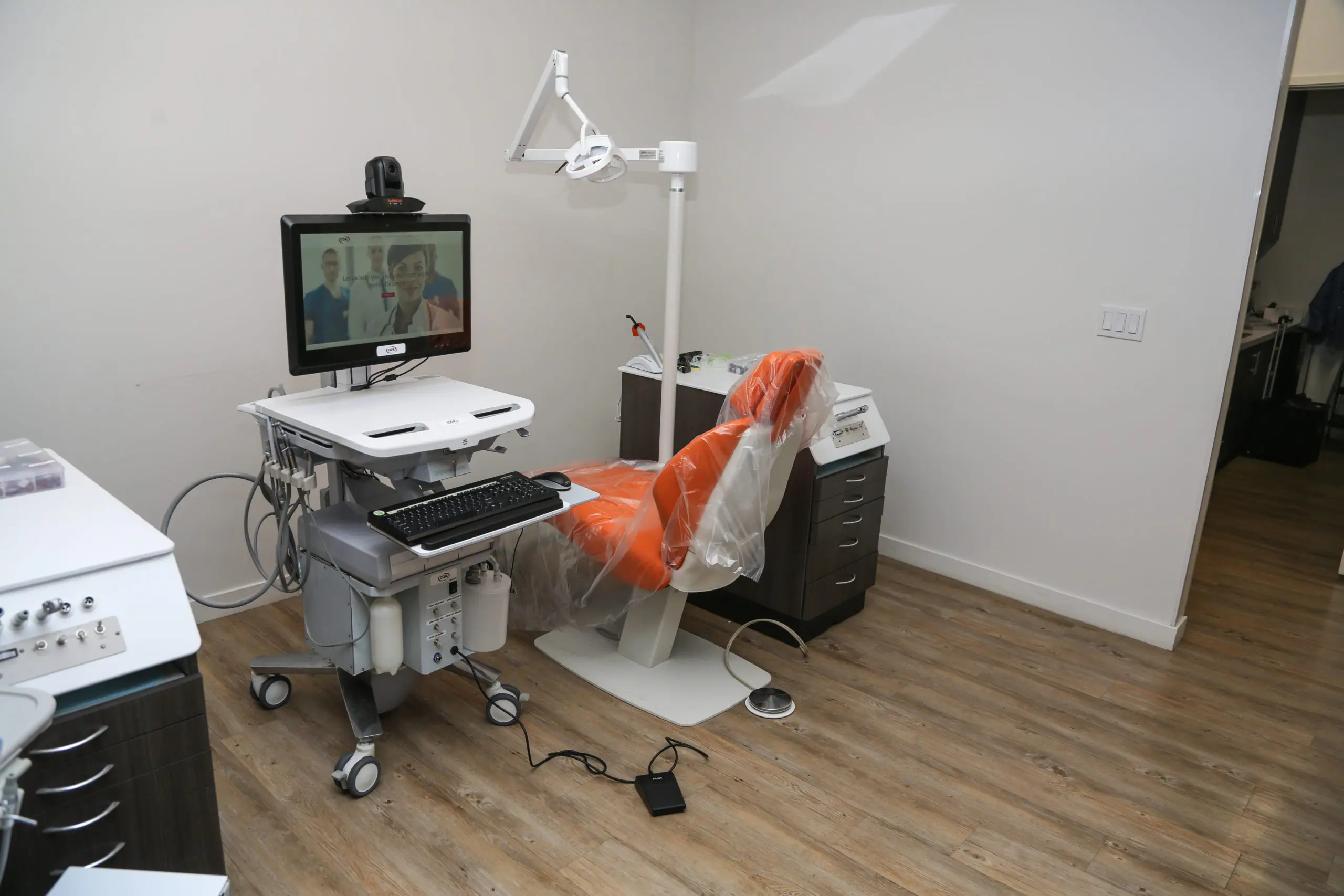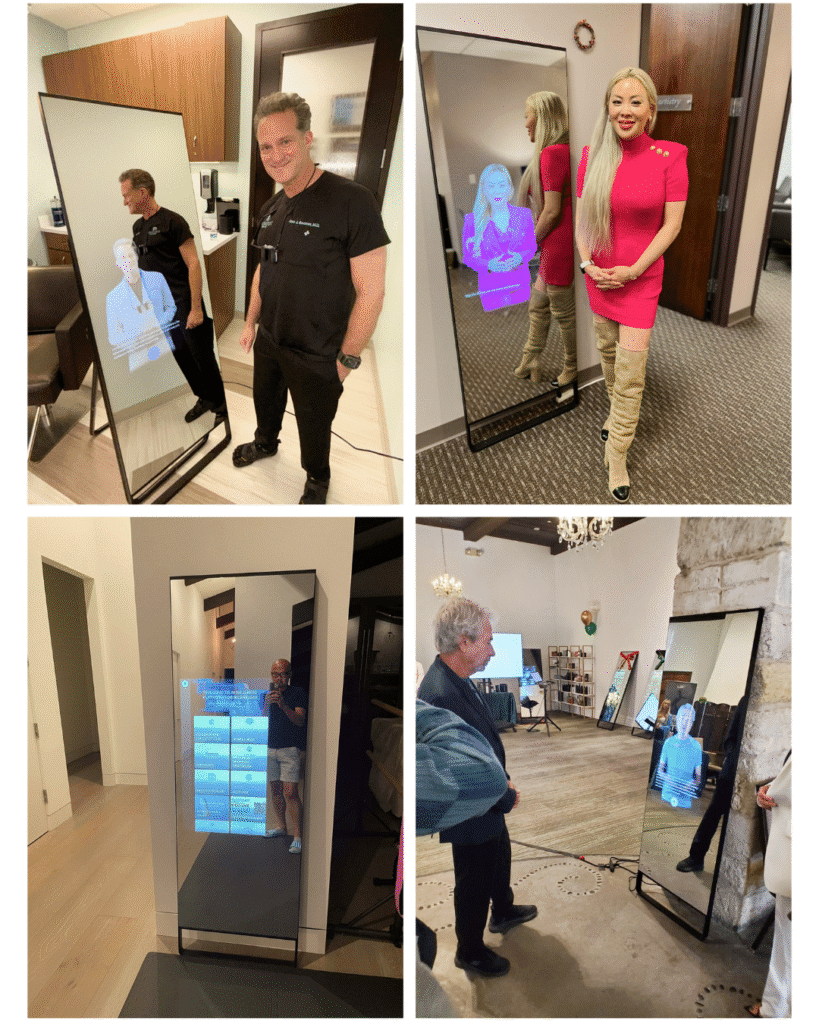Senior citizens are more at risk from scam calls than any other age group. These criminals target those who are most susceptible to their tricks, potching vital information out of our elderly. Now, as medicare enrollment opens up again, it is scam-call season once more.
Phone scammers have grown crafty over the years, perfecting their craft to emulate simple calls. Because of this, the medicare enrollment season is a difficult time for those who are unable to discern phone calls. The scammers call the elderly, posing as government employees, where they inquire about personal information. Such information may include social security numbers, personal care physicians, and more vital info. If scammers gain hold of this information, the victim is at risk of total identity theft and monetary assets loss.

But how can you discern between real and scam callers? The first thing to remember is that officials will never ask for your social security number over the phone. They also will not ask for your bank account number or credit card information. Secondly, most formal matters will not occur over the phone but on official websites. Genuine callers may instruct you to access certain websites but never ask to hand over private information on the phone.
Although most individuals targeted are elderly, there are a few demographics that fall through the cracks. Persons between 25 and 59 face half as much attention as those 60 and up. So, it is imperative to cautious of numbers you do not recognize and what information you share with strangers over the phone. Especially when it comes to medical information, mishandling information can mean the difference between security and total privacy loss.







